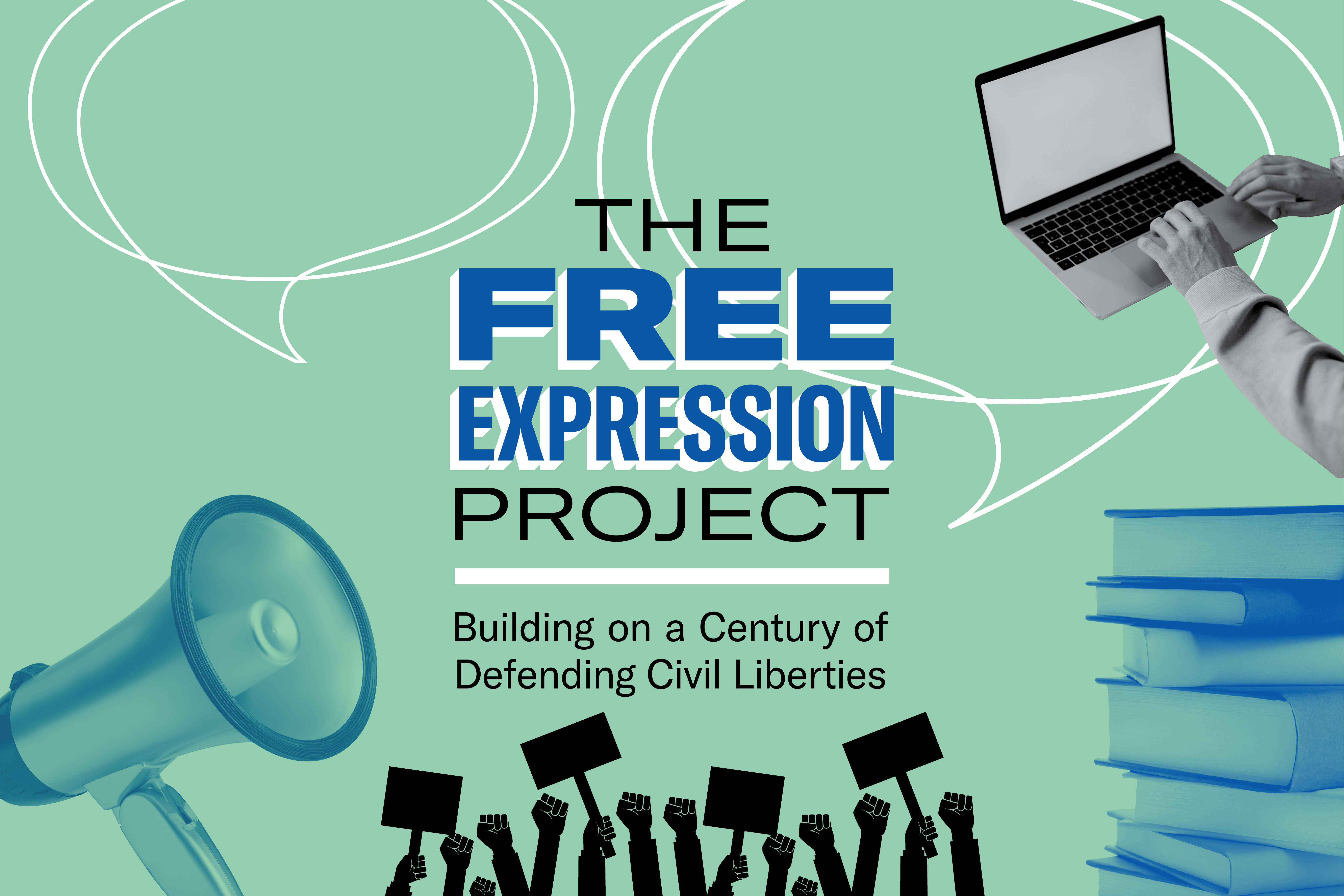Free Speech and Expression
Protecting free speech and expression means protecting a free press, the democratic process, diversity of thought, and so much more.
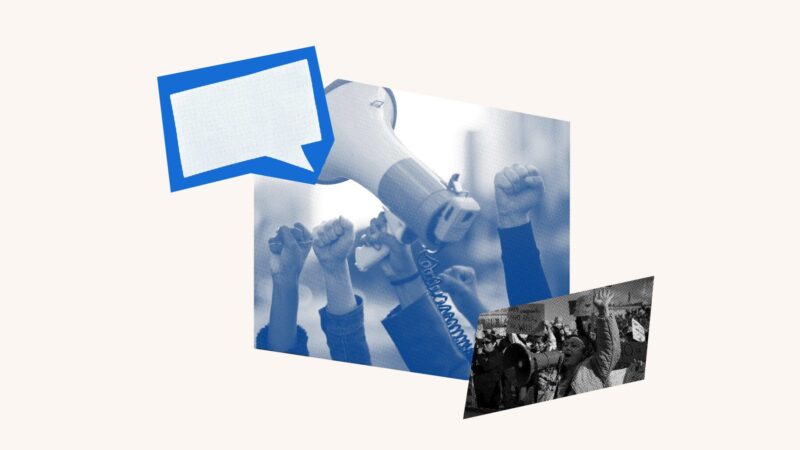
The ACLU of Massachusetts has assembled the Free Expression Project to highlight pressing threats to free expression in the Commonwealth, to emphasize what we are doing to fight back, and to empower Massachusetts residents with resources about this fundamental right that is essential to our democracy.
Protecting free speech means protecting political expression vital to our democracy, diversity of thought, a free press, and so much more. The ACLU has long defended these rights for everyone — especially those disproportionately affected by suppression and censorship, like members of the public exercising their rights to criticize their government, protesters, reporters and photographers, religious and racial minorities, and people experiencing homelessness.
The right to join with others in protest and peaceful assembly is critical to a functioning democracy. It’s also at the core of both the Massachusetts Declaration of Rights and the First Amendment. In 2018, we sued the City of Cambridge over their practice of charging those engaged in free speech for police details in City parks, which essentially forces people to pay to exercise their constitutionally protected right to protest. That same year, we successfully challenged the Natick School Committee’s refusal to allow criticism of the school system during the “Public Speak” portion of its meetings.
We spoke out when the Boston Police Department blocked reporters from accessing parts of a demonstration in August 2017 and had legal observers on the scene of the follow-up protest that November to make sure the press had full access to report on the speakers and event.
Building on our groundbreaking 2011 court victory that secured the right to openly record on-duty police officers, we won another landmark victory in 2020, affirming the right to secretly record police officers performing their duties in public spaces. We also provide Know Your Rights resources for demonstrators and others involved in “cop watch” activities.
Over the course of three decades, we have won a string of major victories challenging laws targeting low-income people seeking donations. In 1997, we secured a landmark ruling from the Supreme Judicial Court, striking down a state statute that outlawed seeking donations on public sidewalks. In 2015, we successfully challenged city ordinances in Worcester and Lowell. And in 2020, we successfully represented individuals experiencing homelessness before the Supreme Judicial Court in a case that invalidated a state statute prohibiting them from soliciting funds from motorists.
We have also continued to defend the right to display political signs, challenging unconstitutional municipal ordinances and winning legal victories for clients across Massachusetts who have expressed views from across the political spectrum. In 2021, we filed an amicus brief with the U.S. Supreme Court in support of a conservative Christian group whose request to fly a flag outside Boston City Hall had been wrongly denied.
In 2022, we filed an amicus brief in a case before the Supreme Judicial Court, arguing that elected officials cannot silence members of the public based on the substance of their input during “public comment” periods of government meetings. Our brief built on the earlier Natick School Committee case. In March 2023, the court issued a ruling consistent with our arguments, declaring such restrictions unconstitutional under the Massachusetts Declaration of Rights.
We have also led the fight against calls to ban books, including efforts that are based on bias against people of color and members of the LGBTQ community. In January 2023, we sent a letter urging Massachusetts public school districts to protect students’ legal rights by rejecting censorship in school libraries. We also weighed in against a repressive school library proposal in Ludlow that was recently rejected. In 2023, we defended a local community group in North Brookfield whose permit for a Pride event was revoked because it included a drag show. Town officials reversed their decision and granted approval after we sent a letter outlining the legal issues.
Freedom of speech and expression has always been the core of the ACLU’s mission. No matter who is in power, we will resist all attempts by government officials to restrict our rights to speak, to learn, to engage in our democracy, and to celebrate in our communities.
The Latest
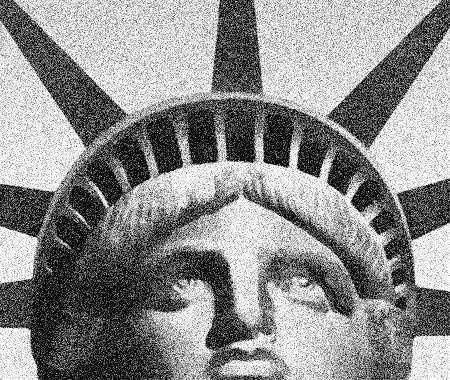
Appeals Court Hears Arguments on Behalf of Mohsen Mahdawi, Rümeysa Öztürk
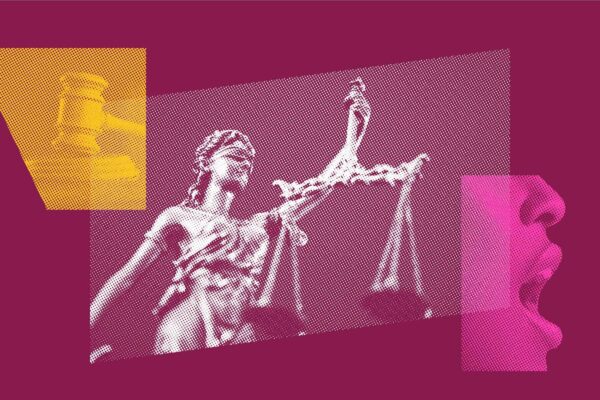
Court Holds that Medical Researchers’ Censorship Suit Can Continue
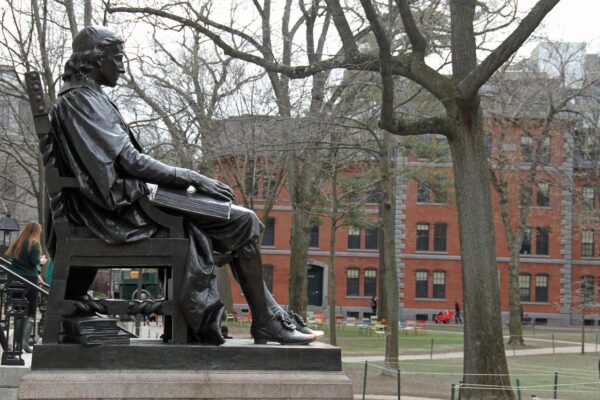
Legal Organizations Across Ideologies Urge Court to Block President Trump’s Unconstitutional Attacks on Harvard
Cases, Campaigns & Legislation
Schiff v. Office of Personnel Management
Picard and Olson v. Massachusetts Department of Conservation and Massachusetts State Police
Stay Informed
Sign up to be the first to hear about how to take action.
By completing this form, I agree to receive occasional emails per the terms of the ACLU’s privacy statement.
By completing this form, I agree to receive occasional emails per the terms of the ACLU’s privacy statement.

